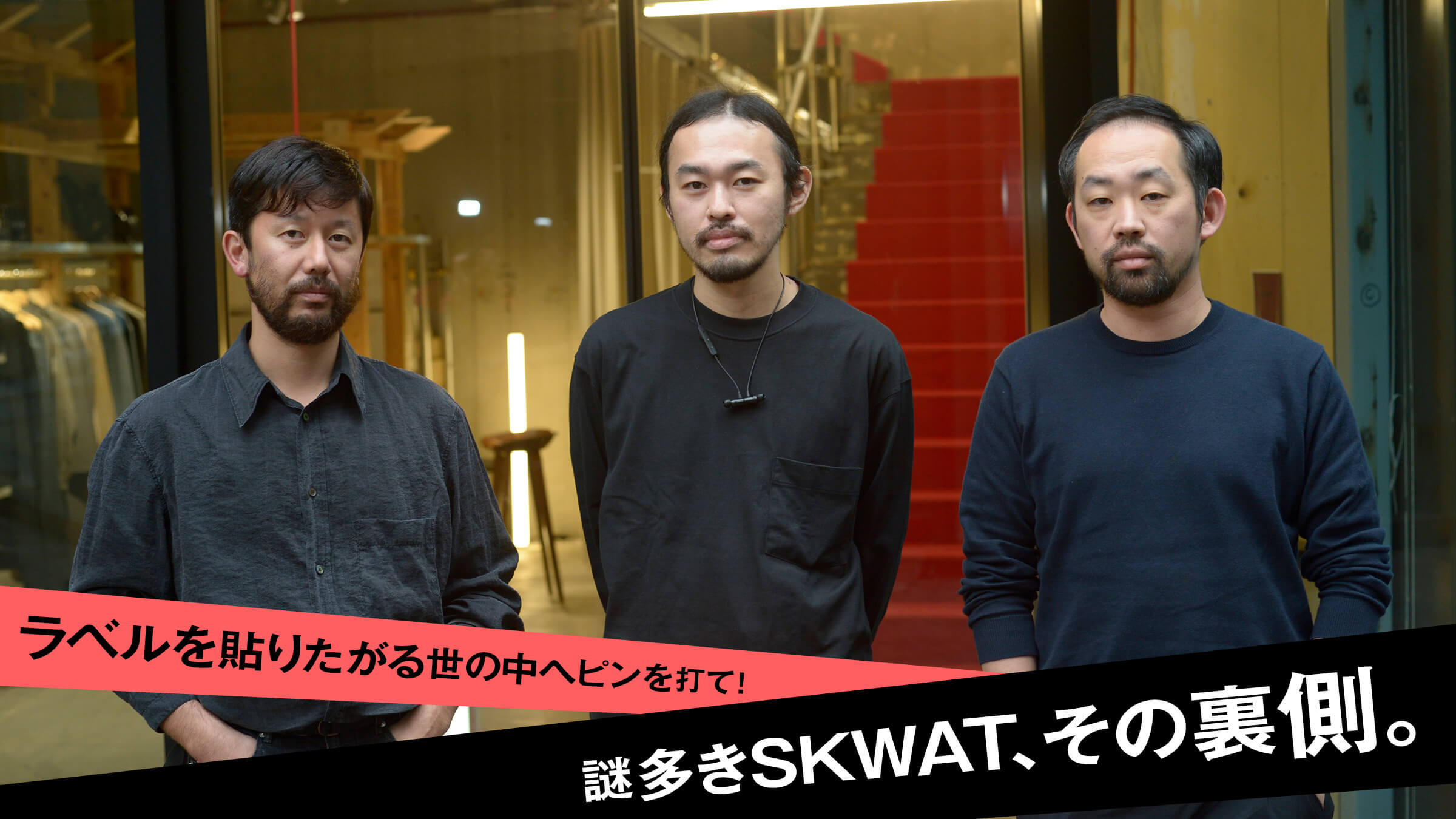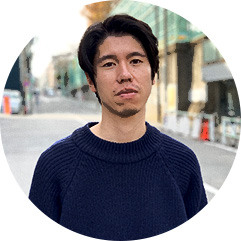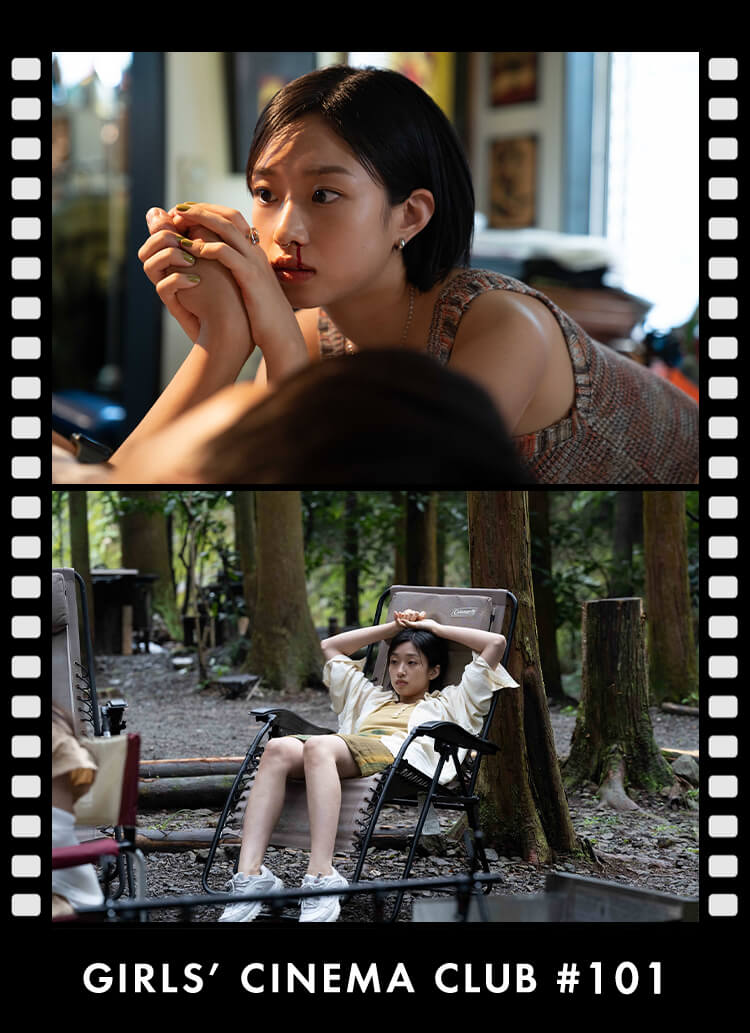New things are not far away, they are near.
Nakamura-san is in charge of the vessel part of "SKWAT", and who is in charge of the soft part of the inside?
Nakamura: No one is in charge, but everyone discusses and decides on both software and hardware.
Hamanaka: Nakamura, including what he has done with "Bakant," I feel that he not only creates the outside, but also has great ideas and sense of management and the ability to get people involved, and I have never thought of him as a person in the construction industry. When Macky (Makiguchi) started "SKWAT" at the first location, he was the first one to put up an installation before anyone else.
Makiguchi: So "SKWAT" is a work of art for me. I was happy about that. SKWAT" is not an overly commercial activity, but rather a pure expression of the discomfort and discrepancy between two people living in a society.
Hamanaka: Mackie is not the kind of guy who usually posts that kind of thing. . so I felt a positive tension toward "SKWAT," which made me happy inside.
Makiguchi: There are gaps in the seemingly rigidly defined urban space, and the activities of "SKWAT" include questions about that space. I like that. I think it is important that SKWAT's activities include such a point of view in the first place, rather than just selling art books or collaborating with " Lemaire. . So I think it would be sad for the two of them if they came in with a misunderstanding.

What do you mean by "misunderstand and enter the door"?
Makiguchi: It would be great if people could see the reason why SKWAT exists in the first place, not just the excessive commercial activities or selling art books, but the work of the two artists. When it comes to what kind of preconceived notions we should have of SKWAT, there are no receptacles for them. Therefore, when we put them together in some way, we have to think of them in terms of easy-to-understand phenomena, such as selling art books.
You didn't put up a notice at the first blue building, but as you went along, did you feel like you wanted to make sure people knew what you were thinking about?
Hamanaka: At the time of the dry cleaner, I thought it would be more interesting to show up at that place out of the blue, without any information, and deliver that bizarre feeling in a bizarre way, rather than being too eager to make a splashy media request for publication. I wondered how many people would have the guts to come in there. I wondered how many of them there were.
Nakamura: Mackie is right when he says that SKWAT is a work of art. When I thought about what originality means to me, I thought that I should not distance myself from what I have been doing up to now, such as "Bakant" and "Dikei Mills," but rather, I thought that what is new is not far away, but close by, and that is what makes me who I am. When we talked about "SKWAT," Mackie assured me that "this is Kay's expression," and that was something I didn't realize.
Makiguchi: . the viewer should not really decide what an activity called "SKWAT" is. . it is not necessary to find a prepared word.
Nakamura: It is impossible to create a genre. Even if we were to consider this as art, what kind of media would it be....
Makiguchi: It doesn't have to be art.
Nakamura: In that sense, we do not consider it art. We ourselves don't know what it is. But that's okay.
Makiguchi: When you did the very first one, the "SKWAT" itself had a lot of room to grow, so the people doing it were waiting to see what would happen, and they wanted to know what this was. . So I think they wanted to receive their activities rather than transmit them. . That is why I have not been sending out information. But when we moved to Aoyama, we started to get a lot of responses, and the two of us finally became aware of what was going on, so we started to imagine what would happen next, and I think it all started to unfold.
Nakamura: Yoshiko is a big part of the reason why we decided to have a bigger vision after doing SKWAT. She pushes us forward, and she herself enjoys it.
Makiguchi: There's always a prevailing sense of not knowing what the two of them are going to do. . so the two can be exciting and spread out into unpredictable developments.

"PARK", a completely free space named "PARK" will be in the basement, complete with Wi-Fi, and the use of the space is left up to the user, whether to rest, read a book, or whatever. Various desks and chairs, including designer furniture, are second hand.









